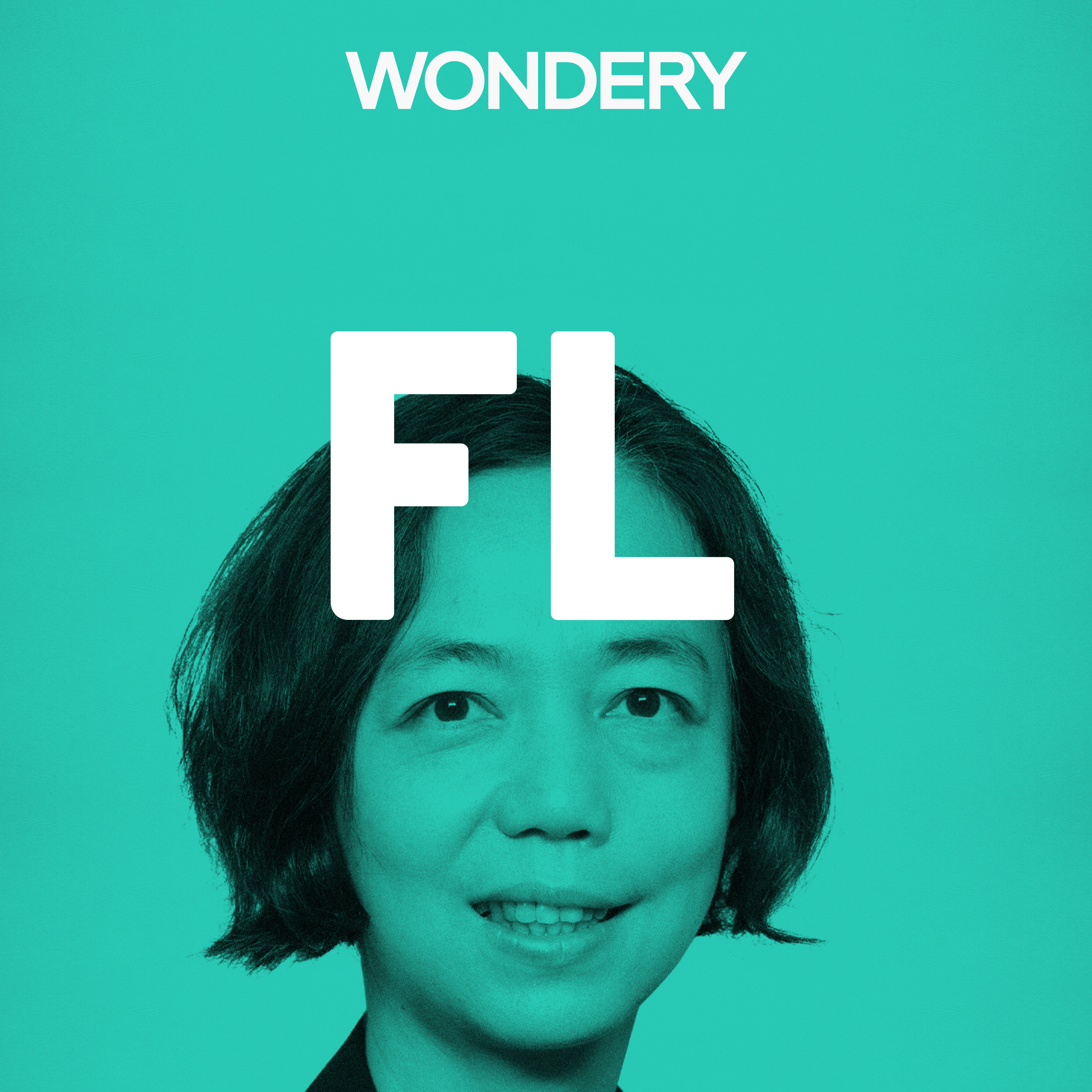
Why did Fei-Fei Li initially resist sharing her personal story in her book about AI?
Fei-Fei Li, a self-described shy person, prioritized the scientific aspects of AI and questioned the relevance of her personal experiences to the broader topic. She was persuaded by John Etchemendy, her co-director at the Stanford Human-Centered AI Institute, who argued that her unique perspective as a young woman, immigrant, and AI scientist would be valuable and inspiring.
Why did Fei-Fei Li's family immigrate to the United States?
Fei-Fei Li's mother, recognizing the limitations and lack of freedom in China, desired a better future for her daughter. Fei-Fei Li's intellectual curiosity and non-conformity, coupled with her mother's own unfulfilled aspirations, motivated the family's decision to immigrate.
Why was math appealing to Fei-Fei Li upon arriving in the U.S.?
Math transcended the language barrier, offering a subject where her lack of English fluency was less of an obstacle. However, even as a child in China, Fei-Fei Li had a strong affinity for math and physics, viewing math as a tool and finding greater fascination in the audacious thinking required by physics.
How did Mr. Sabella, Fei-Fei Li's high school math teacher, help her beyond academics?
Mr. Sabella, recognizing Fei-Fei Li's potential beyond her ESL status, connected with her through a shared love of literature and science fiction. He provided not only academic support, including extra calculus lessons during lunch, but also emotional support and encouragement, becoming a crucial mentor in her life. He even lent her family a significant sum of money to start a dry-cleaning business, demonstrating extraordinary generosity.
Why did Fei-Fei Li choose to work at Google during her sabbatical?
Following the AlphaGo success and the rise of AI hype, Fei-Fei Li chose Google for two primary reasons: to gain experience with cutting-edge industrial AI and to understand AI's real-world impact. Her role at Google Cloud provided insights into AI's application across diverse sectors, confirming her belief in its transformative potential.
What prompted Fei-Fei Li's "rogue" speech to Google interns in 2018?
Amidst growing concerns about AI bias, data privacy, and the societal impact of technologies like facial recognition and self-driving cars, Fei-Fei Li felt compelled to address the human element of AI. She emphasized the importance of aligning technological development with human values and considering the broader societal implications of AI.
What is Fei-Fei Li's vision for human-centered AI?
Fei-Fei Li advocates for a framework that prioritizes human dignity, well-being, and societal values in the creation, deployment, and governance of AI. This involves interdisciplinary research, ethical review processes, data fairness considerations, and thoughtful regulation to ensure that AI benefits humanity.
What is ImageNet and why is it significant?
ImageNet is a large-scale dataset of labeled images created by Fei-Fei Li and her team to address the challenge of object recognition in computer vision. Inspired by WordNet and the need for large-scale data, ImageNet revolutionized the field of AI by providing a comprehensive resource for training and evaluating object recognition algorithms. Its creation involved overcoming numerous technical and logistical hurdles, including the use of Amazon Mechanical Turk for crowdsourcing image labeling.
Why does Fei-Fei Li believe AI is more like electricity than nuclear technology?
While acknowledging the potential risks of AI, Fei-Fei Li emphasizes its broad applicability and potential for positive impact across various fields like medicine, education, and environmental science. She argues that AI, like electricity, is an enabling technology with diverse beneficial applications, contrasting it with nuclear technology, which has more limited and potentially destructive uses.
Shownotes Transcript
Fei Fei Li (The Worlds I See: Curiosity, Exploration, and Discovery at the Dawn of AI) is a computer scientist, co-director of the Stanford Institute for Human-Centered Artificial Intelligence, and is considered by many to be the godmother of AI. Fei Fei joins the Armchair Expert to discuss her initial reluctance to tell her personal story as a part of her book on AI, starting a laundromat with her parents to support themselves, and the high school teacher that changed the course of her life. Fei Fei and Dax talk about how math is the closest thing there is to magic, why being fearlessly stupid is sometimes the best asset you can have, and the reason her north star is asking the audacious question. Fei Fei explains her perspective on the tech-lash, why there is so much humanness in everything we do in technology, and how essential it is to put dignity into how we both create and govern AI.
Follow Armchair Expert on the Wondery App or wherever you get your podcasts. Watch new content on YouTube or listen to Armchair Expert early and ad-free by joining Wondery+ in the Wondery App, Apple Podcasts, or Spotify. Start your free trial by visiting wondery.com/links/armchair-expert-with-dax-shepard/) now.
See Privacy Policy at https://art19.com/privacy) and California Privacy Notice at https://art19.com/privacy#do-not-sell-my-info).
